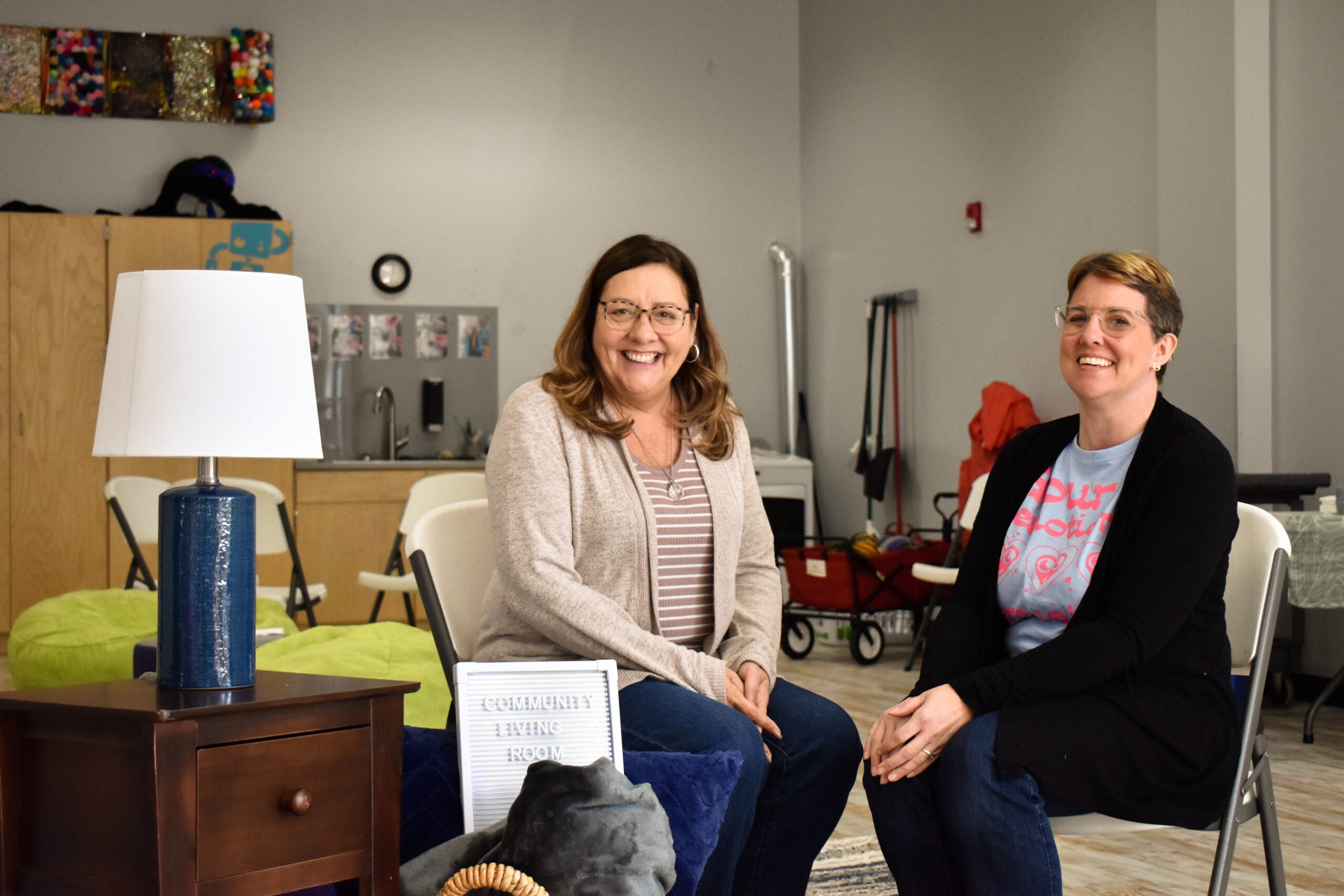Larry Meiller finds out how we can plan for a happy and independent retirement for our older relatives, and for ourselves.
Featured in this Show
-
Involve Family In Retirement Decisions, Author Says
There are many elements to consider and decisions to make when planning where, how and when to retire.
A well-defined plan can help answer important questions. If the goal is to stay in the family home, that may entail accommodations for decreasing mobility and health needs. In addition, transportation arrangements might be necessary, and some in-home care might be needed. If the goal is to move into a facility built with aging needs in mind, there may be worries about whether to stay in a current area or move closer to children and grandchildren. And then, of course, there are questions of how to pay for those goals.
Dr. Mary Languirand, a psychotherapist and co-author of the recent book, “How to Age in Place: Planning for a Happy, Independent, and Financially Secure Retirement,” has focused on many of these questions for years. Languirand practices full-time on Long Island, N.Y., and provides clinical services to individuals and families, and consulting to multidisciplinary professional teams in skilled nursing facilities. She suggests families turn to each other when making decisions.
“Often, when you’re making aging-in-place decisions, you’re going to want your family involved from the get-go,” Languirand said. “And the best way to do that is often to call a family planning meeting.”
She and co-author Robert Bornstein share the following advice for structuring a successful family meeting. It is available on their website, aging-wisely.com.
They suggest:
• Decide who needs to be present, and who doesn’t
The person who’ll be the focus of discussion should definitely attend (unless health issues prevent this). If they can’t be there in person, Internet programs like Skype will allow them to see and hear what’s going on, and have input in real time. Beyond that, the rule of thumb is that everyone whose opinions are needed to reach a sound decision should be at the meeting, but beyond that it’s best to limit participation. A smaller group reaches consensus more easily than a large group.• Have an agenda, and stick to it
It helps if you bring to the meeting a list of agenda items, and review these at the start. If you can circulate the agenda to participants ahead of time (perhaps by email) everyone will have a chance to think about key issues before coming together. Sometimes people have ideas for agenda items that were inadvertently omitted, and these can be added ahead of time (but once the meeting begins, no new agenda items get added-save those for the next meeting).• Don’t allow any one person to dominate
This can be difficult-talkative people are often hard to control-but it helps if one person is in charge, and is responsible for calling on others in turn. If one person is dominating, or giving speeches rather than furthering the conversation, it may be necessary for the group as a whole to point this out.• Understand that emotions may sometimes run high
The issues that come up in these meetings (like who’ll pay for what) have important practical implications, but they sometimes have emotional resonance as well. Old family conflicts resurface in these situations, often in disguised form. (Sometimes it’s easier to fight about who’ll pay for what than about the fact that one or another sibling was perceived as Dad’s favorite.)• Be prepared to call a time out if needed
In most cases where emotions run high things stay under control, but if someone begins to behave inappropriately or tempers flare, call a brief time out-a short bathroom break, perhaps-and give everyone time to regain their composure.• Don’t try to accomplish too much at one time
It’s tempting to want to resolve all the key issues in one meeting, but aging in place decisions are complex, and sometimes require more than one conversation to sort out all the details. Set a reasonable agenda, meet for an hour or two (not much longer than that), and then plan to reconvene for additional meetings.• Take good notes
Memory is fragile at the best of times, and even more so when personal issues are discussed. Appoint one person to take minutes, then circulate the minutes within a few days of the meeting so everyone can confirm or correct the details before the group meets again. You can rotate taking minutes among members of the group so everyone does their fair share.• Be clear about follow-up responsibilities
As the meeting winds down develop an action plan-a list of specific tasks that various group members will do to turn ideas into realities. Divide up these responsibilities (and note them in the minutes), then begin the next meeting by reviewing what everyone accomplished in the interim.After Languirand went through the eight steps, WPR host Larry Meiller saw an interesting parallel with an office environment.
“I have meetings at work and we invite the people who are needed for the meeting, we have an agenda, we try to not allow a person to dominate and we understand that,” he said. “Sometimes, emotions can run high and all those things.”
Meiller said that the same process people follow for meetings in a business setting could be applied to something more personal.
“We think about that consciously when we’re doing a business meeting. But when it comes to family meetings, a lot of times it’s just, ‘Oh, let’s get together and talk about this,’” he said.
Languirand agreed with that idea.
“You have to give it the same importance, and mental and emotional space that you would give any other super-important business meeting in your life,” she said.
One of the reasons to plan it out well is that, as Languirand said, “emotions in a family can have no shelf life. They can go on forever, and it’s not at all uncommon that sibling rivalry or old resentment, or anger about something that might have happened when you were a kid or a teenager is going to come back to bite you when Dad’s trying to talk about where he wants to retire.”
Languirand’s parting advice was “start planning today, and enjoy your retirement.”
Meiller added, “Start planning today so you can enjoy your retirement!”
Episode Credits
- Larry Meiller Host
- Judith Siers-Poisson Producer
- Mary Languirand Guest
Wisconsin Public Radio, © Copyright 2025, Board of Regents of the University of Wisconsin System and Wisconsin Educational Communications Board.



